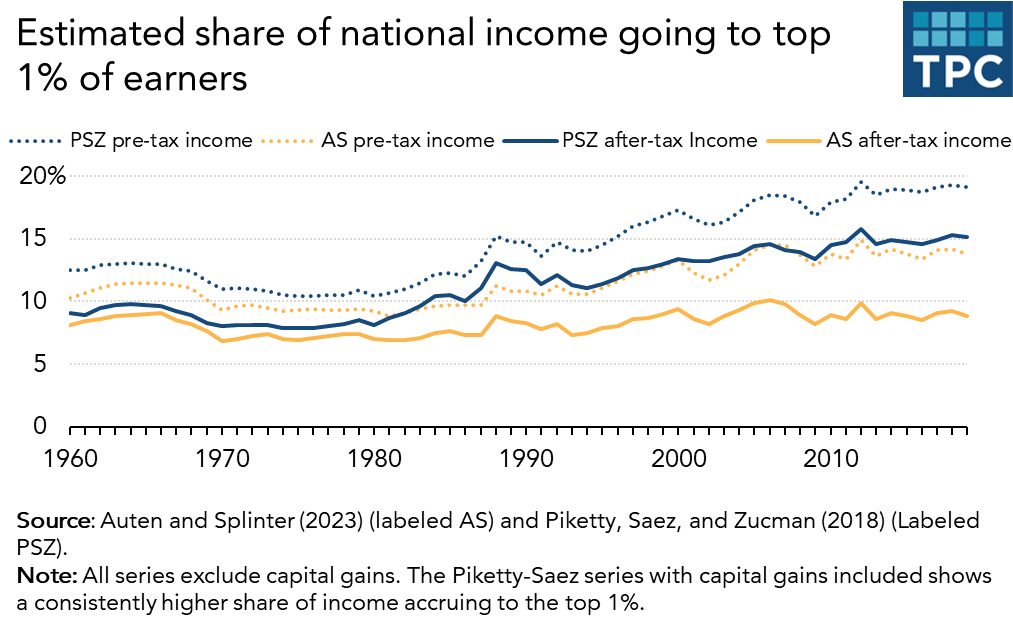Advance Health Care Directives The Keys To Your Medical Autonomy
When you think about estate planning, the focus often leans toward financial matters. However, an equally crucial element that tends to be overlooked is planning for your health care. That’s where advance health care directives come into play.
These legal documents, including a living will and a durable power of attorney for health care, outline your medical wishes and designate someone to make decisions on your behalf if you can’t. Let’s dive into why you absolutely need these tools in place, along with a HIPAA release, for comprehensive protection.
Understanding the Living Will
A living will is an advance directive that spells out the types of medical treatments you want – or don’t want – in specific situations, particularly when life-sustaining measures are concerned. In addition, you can state your pain medication and organ donation choices in the living will.
Gain Control Over Life-Support Decisions
Say you’re in a coma, and there’s no reasonable expectation of recovery. A living will ensures that your desires concerning life support are clear, saving your family the agony of making such a gut-wrenching decision.
Eliminate Ambiguity
A living will removes any guesswork about your life support choices, giving both medical professionals and family members a guide to follow, thus avoiding unnecessary conflicts.
The Role of Durable Power of Attorney for Health Care
While a living will addresses life support measures, the durable power of attorney for health care or health care proxy covers a broader range of medical decisions.
Appoint an Advocate
In this legal document, you appoint a health care agent who will make decisions that aren’t related to life support. This person can make choices about medications, treatments, and surgical interventions based on what they believe you would want.
Navigate Complex Medical Decisions
Medical situations are often complicated and require nuanced choices. A designated health care agent can weigh the options and make informed decisions, especially when a living will doesn’t cover the specific circumstances.
Why You Need a HIPAA Release
HIPAA (Health Insurance Portability and Accountability Act) laws protect the privacy of your medical records. But in emergency situations, these laws can also prevent your health care agent from accessing vital medical information.
Empower Your Agent
A HIPAA release allows your designated agent to have full access to your medical records, ensuring that they can make truly informed decisions on your behalf.
Streamline Decision-Making
In time-sensitive medical emergencies, a HIPAA release ensures that there are no legal roadblocks to obtaining your medical history. Your agent can act swiftly, getting you the medical attention you need without unnecessary delays.
How to Implement Advance Directives
So, how can you go about securing these crucial health care directives?
Consult an Estate Planning Lawyer
While there are templates available, it’s always best to consult an estate planning attorney who will have a full understanding of health care directives. They can tailor the documents to your specific needs and fit them into a comprehensive estate plan.
Discuss With Family
Have a candid conversation with family members and your designated health care agent. Make sure everyone is on the same page to avoid any misunderstandings later on.
Keep Documents Accessible
Once the paperwork is complete, store it in a readily accessible place. Also, consider digital storage solutions and inform your health care agent and family members about where to find these documents.
Final Takeaway
Advance health care directives, comprised of a living will and a durable power of attorney for health care, along with a HIPAA release, form an essential part of any comprehensive estate plan. These directives allow you to maintain control over your medical treatment, even if you’re unable to voice your wishes.
Let’s Get Started!
We can help if you do not have an estate plan in place that includes a comprehensive incapacity component. You can set up a consultation at our Oklahoma City estate planning office by calling us at 405-843-6100, and our Tulsa location can be reached at 918-615-2700.
You can alternately send us a message through our contact page, and if you reach out this way, we will get back in touch with you promptly.
After helping his own family deal with a lengthy probate and the IRS following his father’s untimely death in a farm accident, Larry Parman made a decision to help families create effective estate plans designed to reduce taxes, minimize legal interference with the transfer of assets to one’s heirs, and protect his clients’ assets from predators and creditors.
Latest posts by Larry Parman, Attorney at Law (see all)
Story originally seen here






